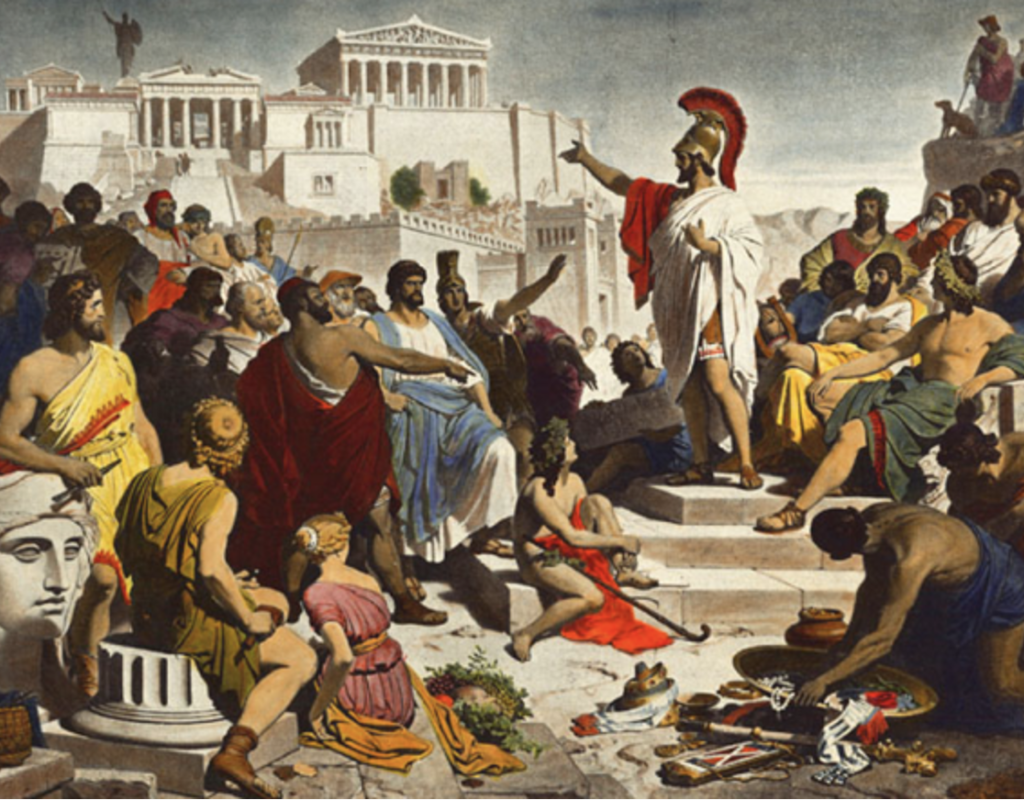Dulce et Decorum – To die for the Fatherland in Ancient Greece and Rome

Online
Data evento
17 Giugno 2022
The Roman poet Horace famously wrote Dulce et decorum est pro patria mori, ‘it is sweet and fitting to die for one’s fatherland’, an expression that Wilfred Owen, poet and soldier during the First World War, called ‘the old lie’. However, my research suggests that Horace’s verse did not, contrary to the common opinion, represent a traditional Roman view. In Rome, victory was the only acceptable outcome. Thus, Rome as a society did not celebrate their fallen, nor did they bury them with honours. Instead, in my view, Horace gives voice to a Greek view that lauded the fallen youth and treated them as heroes. I believe further that Cicero was instrumental in introducing the concept in late Republican Rome, and that the idea was exploited by the novel imperial dynastic family, to make sense of the premature deaths of several young male members.
http://The Roman poet Horace famously wrote Dulce et decorum est pro patria mori, ‘it is sweet and fitting to die for one’s fatherland’, an expression that Wilfred Owen, poet and soldier during the First World War, called ‘the old lie’. However, my research suggests that Horace’s verse did not, contrary to the common opinion, represent a traditional Roman view. In Rome, victory was the only acceutcome. Thus, Rome as a society did not celebrate their fallen, nor did they bury them with honours. Instead, in my view, Horace gives voice to a Greek view that lauded the fallen youth and treated them as heroes. I believe further that Cicero was instrumental in introducing the concept in late Republican Rome, and that the idea was exploited by the novel imperial dynastic family, to make sense of the premature deaths of several young male members.
